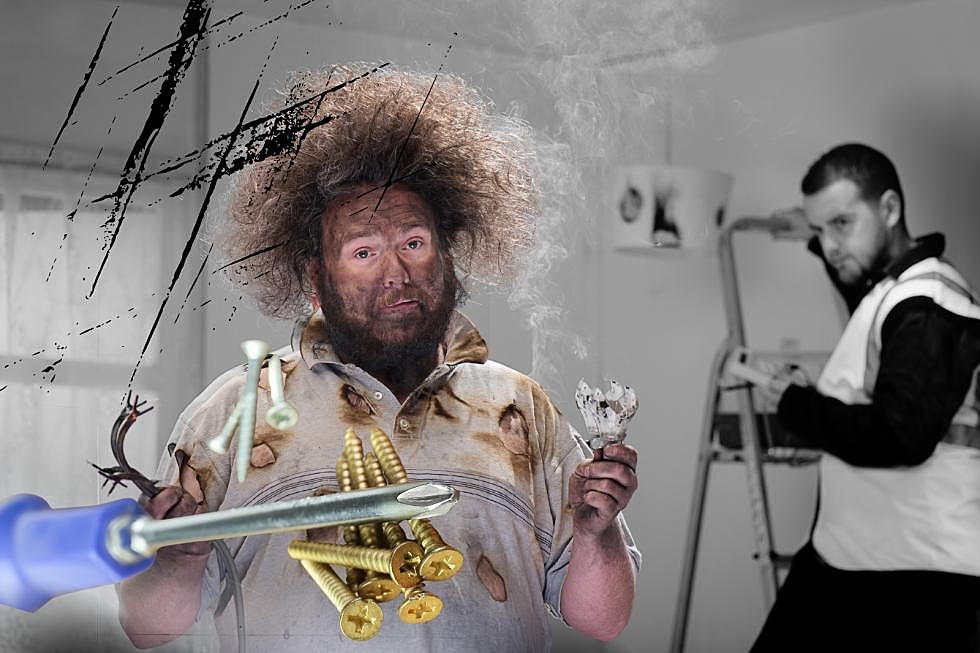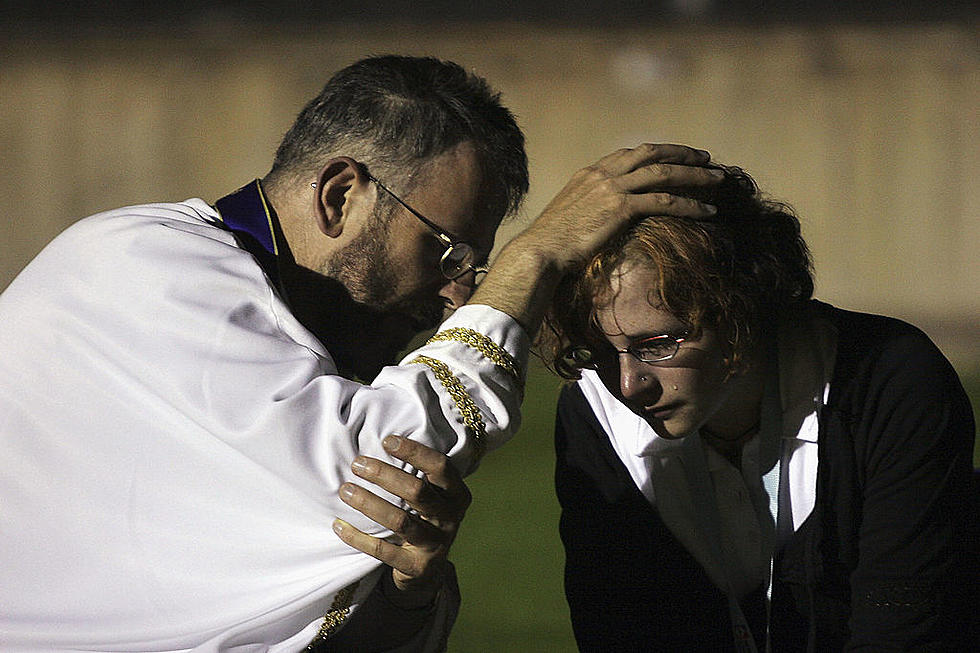
When Is A Whistleblower NOT A Whistle-Blower?
Control the language, control the debate. Here we go again.
Consider the word whistleblower. An online dictionary definition is "a person who exposes secretive information or activity that is deemed illegal, unethical, or not correct within a private or public organization."
As such, whistleblowers often have a status of doing something for the greater good at great personal risk to themselves There are laws to protect real whistleblowers and a National Whistleblower Center for help and guidance.
While whistleblowing includes an element of disloyalty or betrayal, it also conveys courage and a merit of support.
But the protections and anonymity also provide places for rats to hide as well. That's why the process of investigating whistleblower claims should be as painstakingly thorough and as open as possible. Someone with an agenda or ax to grind could do great harm to an individual or organization under the cloak of whistleblower protections.
Which brings us to this week's House of Representatives impeachment hearings. The trigger for tomorrow's opening round is the claim of an alleged whistleblower. But is he really? He wasn't on the president's call, he got his information second hand, he has political ties to Trump's opponents and the list of questions and questionable connections is significant. Should he qualify as a whistleblower?
KIT's businessman, blogger , commentator and consultant friend, Tim Bryce of Tampa, FL, has a new column on the hearings to come.
"The inquiry focuses on a statement from an alleged whistle-blower who expressed concern regarding a telephone call the President had with the incoming President of the Ukraine....The protection of the whistle-blower’s anonymity could easily be construed as in conflict with Amendment 6 of the Constitution (Rights of Accused in Criminal Prosecutions; the “Confrontation Clause”)"
.Bryce outlines a number of higher profile whistleblower accounts but he makes a very interesting comparison to the fight by a visionary and persistent patriot.
"However, let’s go a little further back in time to 1925 when the Army instigated a court-martial against Colonel Billy Mitchell, an episode which has quickly been forgotten in history, but has an important bearing on the whistle-blowers of today"
It's a short but fascinating read and I encourage you to check it out for a sense of what a real whistleblower may have to endure and then compare that to what you hear on KIT or don't see on your TV screen tomorrow.
You'll find Tim's columns at timbryce.com
More From News Talk KIT









